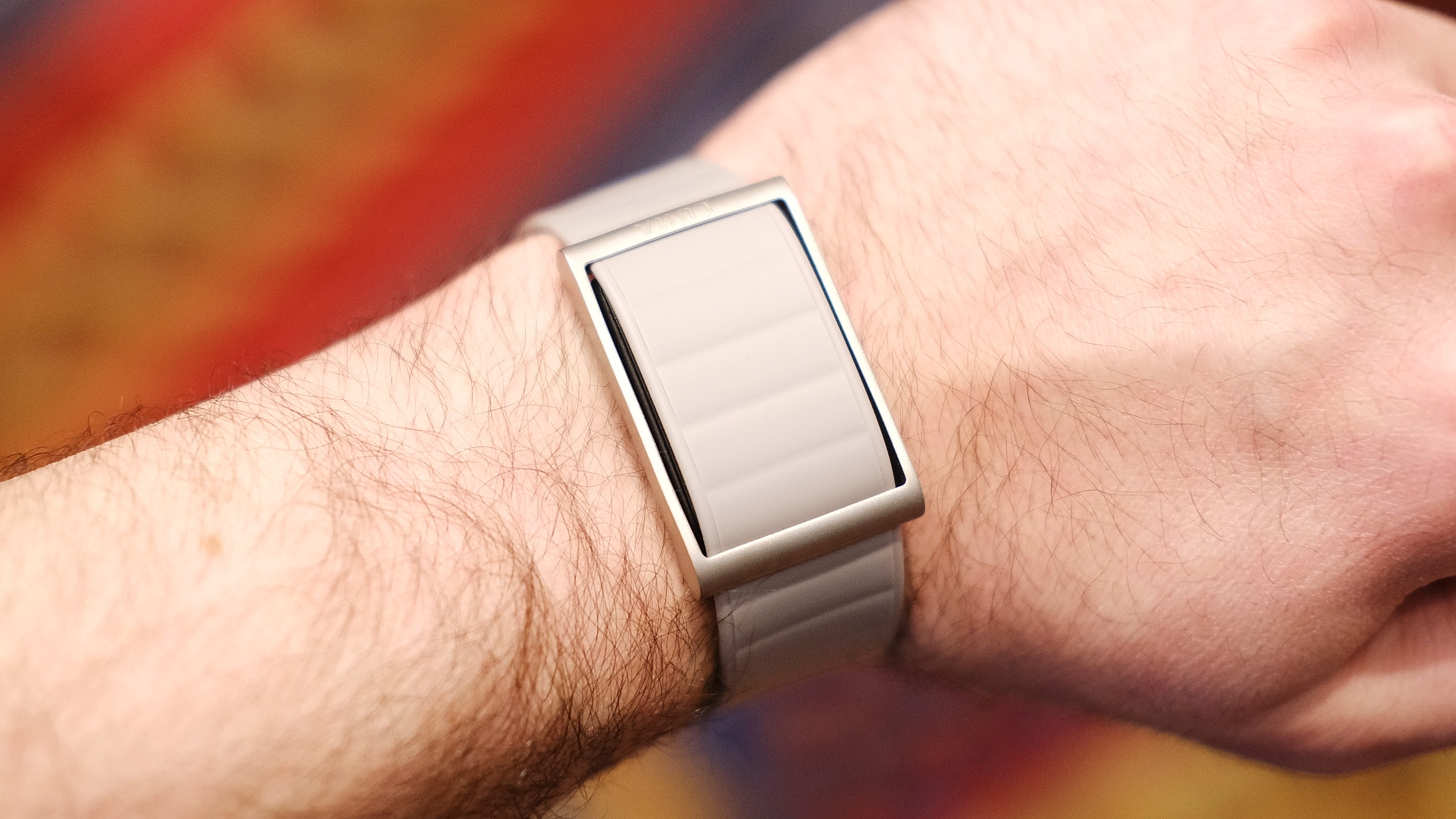Don't run your 2FA authenticator app on these smartphones
Apps like Google Authenticator are only as safe as the devices they run on

SAN FRANCISCO -- Don't use a mobile authenticator app on an old smartphone, because the app is only as secure as the operating system in which it's running, two security researchers said at the RSA Conference here earlier this week.
Aaron Turner and Georgia Weidman emphasized that using authenticator apps, such as Authy or Google Authenticator, in two-factor authentication was better than using SMS-based 2FA. But, they said, an authenticator app is useless for security if the underlying mobile OS is out-of-date or the mobile device is otherwise insecure.
- Best Android antivirus: Protect your smartphone
- The best phones you can buy
- Just In: Google Home having big Bluetooth issues: What you need to know
"You don't want the risk associated with 32-bit iOS," said Turner, adding that you should use only iPhones that can run iOS 13. "In Android, use only the Pixel class of devices. Go to Android One if you can't get Pixel devices. I've had good experiences with Motorola and Nokia Android One devices."
Turner, who is the president and chief security officer of enterprise-security provider HighSide, warned the audience to stay away from one well-known Android brand.
"[German phone hacker] Karsten Nohl showed that Samsung was faking device updates last year," Turner said. "Stop buying their stuff."
To be fair, Samsung was far from the worst offender among phone makers in the study Turner cited, and the study authors later said "they got it wrong" regarding Samsung's issues, without going into further detail. (Slides for Turner and Weidman's presentation are available on the RSA website.)
The problem is that if an attacker or a piece of mobile malware can get into the kernel of iOS or Android, then it can do anything it wants, including presenting fake authenticator-app screens.
Get instant access to breaking news, the hottest reviews, great deals and helpful tips.
"One of my clients had an iPhone 4 and was using Microsoft Authenticator," Turner said, indicating another authenticator app. "All an attacker would need to do is to get an iPhone 4 exploit. My client was traveling in a high-risk country, his phone was cloned and then after he left the country, all sorts of interesting things happened to his accounts."
Some Android phones are safer than iPhones
And don't think iOS devices are safer than Android ones -- they're not. There are just as many known exploits for either one, and Weidman extracted the encryption keys from an older iPhone in a matter of seconds onstage.
The iPhone's Secure Enclave offers "some additional security, but the authenticator apps aren't using those elements," said Weidman, founder and chief technology officer of Washington-area mobile security provider Shevirah, Inc. "iOS is still good, but Android's [security-enhanced] SELinux is the bane of my existence as someone who's building exploits."
"We charge three times as much for an Android pentest than we charge for an iOS one," Turner said, referring to an exercise in which hackers are paid by a company to try to penetrate the company's security. "Fully patched Android is more difficult to go after."
- More: Stay secure on the go with the best mobile VPN apps
Attacking from underneath
Authenticator apps beat SMS texted codes as 2FA second factors because app codes can't be intercepted over the air, aren't tied to a phone number and never leave the device. But authenticator app codes can be stolen in phishing attacks, and as we saw yesterday, by Android malware in screen-overlay attacks.
However, even the best training against phishing attacks and the best Android antivirus apps won't stop attacks that come from the kernel, the underlying part of the mobile operating system to which the user doesn't have access.
"What could possibly go wrong when installing a user-mode application with sensitive cryptographic key materials on a platform with kernel vulnerabilities?" Turner asked rhetorically.
Kernel vulnerabilities also can be used to hack two-factor push notifications, which Google uses for its own accounts and which can't be phished.
In short, "we need to move away from usernames and passwords," Turner said.
Fingerprints aren't the answer, but this might be
Asked about biometric authentication such as fingerprint readers and facial recognition, Weidman said that it's "better than nothing when used in addition to passwords."
Turner wasn't so sure.
"I am fundamentally opposed to using biometrics because it's non-revocable," he said, citing a famous case from Malaysia in which a man's index finger was cut off by a gang to steal the man's fingerprint-protected Mercedes. "Fingerprint readers are biometric toys."
The only form of two-factor authentication without security problems right now, Turner said, is a hardware security key such as a Yubikey or Google Titan key.
"I've got two Yubikeys on me right now," Turner said. "Hardware separation is your friend."

Paul Wagenseil is a senior editor at Tom's Guide focused on security and privacy. He has also been a dishwasher, fry cook, long-haul driver, code monkey and video editor. He's been rooting around in the information-security space for more than 15 years at FoxNews.com, SecurityNewsDaily, TechNewsDaily and Tom's Guide, has presented talks at the ShmooCon, DerbyCon and BSides Las Vegas hacker conferences, shown up in random TV news spots and even moderated a panel discussion at the CEDIA home-technology conference. You can follow his rants on Twitter at @snd_wagenseil.
 Club Benefits
Club Benefits





